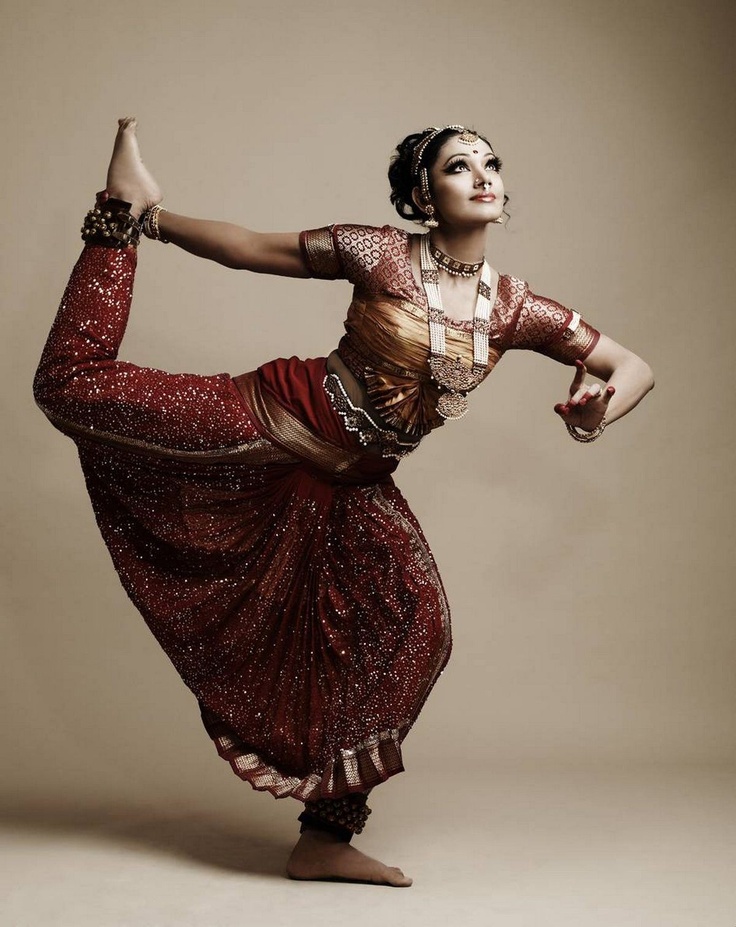Strides and Challenges in Human Rights

Gender equality and women’s rights have come a long way since the Universal Declaration of Human Rights in 1948, which enshrined the principle of gender equality as a fundamental human right. These rights encompass the freedom to live without discrimination or violence, access to quality healthcare, education, property ownership, voting rights, and equal pay. However, women and girls worldwide still grapple with gender-based discrimination.
One critical aspect of women’s rights is sexual and reproductive rights. Every woman and girl should have the autonomy to make decisions about their bodies. This includes equal access to contraception and safe abortions, the freedom to choose when and whom to marry, and the right to decide whether and when to have children. Unfortunately, the journey towards realizing these rights remains challenging.

Consider the case of Argentina, where Amnesty International and grassroots human rights defenders campaigned to change strict abortion laws. Progress has been made, but many women still face the dire choice of risking their lives or going to jail when seeking safe abortions. Similar efforts in Ireland and Northern Ireland led to the decriminalization of abortion after decades of advocacy.
Poland saw a joint protest against the ‘Stop Abortion’ bill, with Amnesty International and over 200 organizations opposing it. In South Korea, years of campaigning resulted in the Constitutional Court ruling to decriminalize abortion, sparking much-needed reform. Meanwhile, in Burkina Faso, Amnesty International supported girls fighting against forced marriages, especially in rural areas, where this practice remains prevalent.
Child marriage in Yemen: Yemen does not have a law banning child marriage or setting a minimum age of marriage. Wafa, an 11-year-old Yemeni girl, was married off by her father to a middle-aged farmer who repeatedly beat her and forced her to have sex with him. She finally ran away from her husband and wanted never to return to him. Her older sister, who was also married off as a child, had 5 children by the time she was 17 years old and had come back to her family also following domestic violence. The average age of marriage for girls in rural areas is around 12 or 13 and up to fifty percent of all Yemeni girls are married before they reach the age of 18. As Yemen does not have a law banning child marriage (setting a minimum age of marriage), Wafa’s marriage could not be ended. To get a divorce Wafa was at the mercy of the judge and had to pay back her dower (money that her husband paid to her father). Even after her divorce, she was not safe to enjoy her childhood as she was pressured by her aunt’s husband to marry him. Without a law banning child marriages, girls like Wafa are at constant risk of rape, sexual violence and exploitation.
After several months of residing in a shelter for adult women run by the Yemeni Women’s Union, she now resides in a shelter for children and is attending school. “The problem was that the judge was dealing with my case as if I am a grown-up woman. He forgets that I am just a child. . . . My message to other parents is that they should not think of marrying their daughters at a young age, girls should go to school. I don’t want any girl to suffer as I did. Girls should be educated in order to be able to live happily and in dignity.” In Sierra Leone, Amnesty International partnered with local communities to combat female genital mutilation through its Human Rights Education Programme. In Zimbabwe, confusion surrounding sexual consent and access to sexual health services left women and girls vulnerable to unwanted pregnancies and HIV infections.
Sex trafficking in the United States: In a case of sex trafficking in the US, 15-year-old Sasha had been trafficked by two employees of a prominent law firm who had sold her to their friends at parties and made pornographic films of her. Although Sasha and Sasha’s mother wanted to pursue justice under the US Federal Anti-Trafficking Law, they changed their mind after hearing of the trauma that Sasha would continue to endure through the legal system. A former federal prosecutor, who is now our partner in the NY State Anti-Trafficking Coalition, told us that if Sasha were his daughter he would never allow her to go through this system as she would be forced to relive her trauma over many years and be subjected to horrendous cross-examination.
Jordan faced calls from Amnesty International to end the abusive male “guardianship” system that restricts women’s freedoms and subjects them to humiliating “virginity tests.” These examples underscore the ongoing struggle for gender equality and women’s rights on a global scale.
Freedom of movement is another vital aspect of women’s rights. Many women encounter obstacles, such as being denied passports or requiring male guardian permission to travel. In Saudi Arabia, although women now have the right to drive, women’s rights activists advocating for their rights continue to face persecution and detention.
Marriage to rapists in Morocco: Under Moroccan law, a rapist could escape punishment by marrying his victim. Amina, a sixteen-year-old Moroccan girl, was raped and forced by the judge hearing her case to marry her rapist. Under Moroccan law, a rapist can escape punishment by marrying his victim and the judge felt that this marriage would restore Amina’s honor. Amina took her life by swallowing rat poison after being subjected to further rapes and domestic violence. Laws that result in rapists being pardoned for marrying their victims condemn women and girls to a lifetime of violence. Such laws, which exist also in Lebanon and other countries, send a public signal that a perpetrator, if caught, can find a way out of punishment. Our partner Union de L’Action Feminine and other civil society organizations have been campaigning for many years for the repeal of this law in Morocco. In January 2013, the Minister of Justice and Liberties made an announcement that the Penal Code would be changed to address this issue, but we have yet to see what actual changes will be made and whether these will be comprehensive.

International law plays a crucial role in advancing women’s rights. The Convention on the Elimination of All Forms of Discrimination against Women (CEDAW) established a global framework to combat gender-based discrimination and protect women’s rights. Over 180 countries have ratified this convention, committing to uphold women’s rights.
Efforts like “Women, Business and the Law 2022” assess the legal landscape in 190 countries, measuring how laws impact women’s economic participation in areas such as mobility, workplace conditions, pay, marriage, entrepreneurship, assets, and pensions. However, just 12 countries, all part of the OECD, have achieved legal gender parity.
– Tishya Sharma









